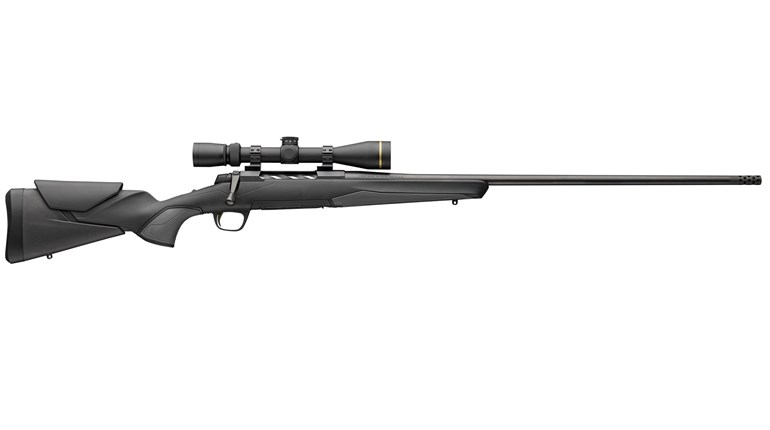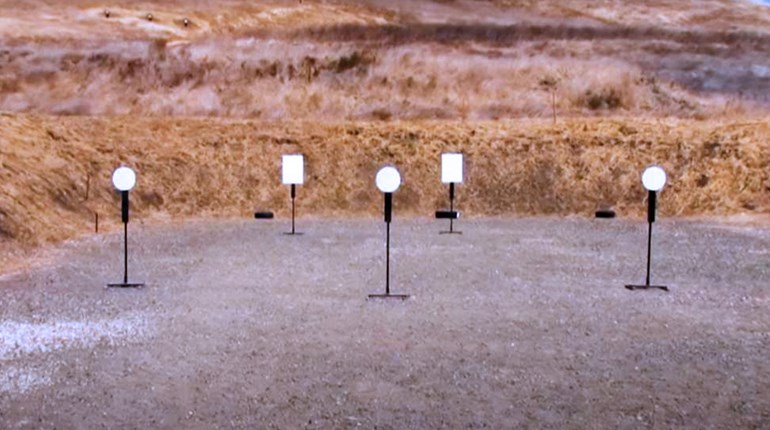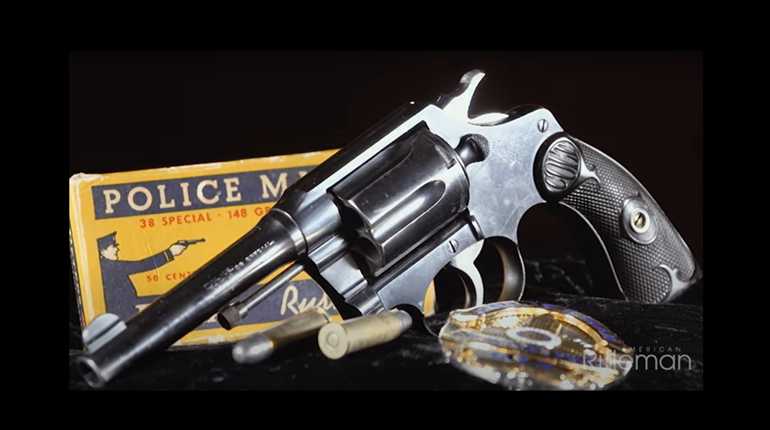
When is your new hunter mature enough and ready to sit on a stand by themselves? The answer lies in what preparations you have been doing to make that happen. Here are five things you can do now to ensure they are ready to hunt solo. A first hunt followed by a first harvest are two huge milestones for new hunters. The next big milestone is hunting on their own. What are you, as their mentor, doing to make sure they are ready?
Set the example and explain why.
Whether your protégé is young or old, your child or a friend, you owe it to them to begin training them correctly right out of the gate. The first step is to obey the laws and make ethical decisions when afield. Those inexperienced eyes are watching and learning as you both hunt. So, if you decide to get out of the stand before “legal light ends” because you cannot see well enough for a shot, take a minute to explain why you are getting down early.
If someone you are hunting with in a group is not setting a good example, be sure to have a discussion later and remove yourself and your new hunter from the situation as soon as possible.
Take care not to stretch your abilities because the new hunter may think that the super long-range shot you may be capable of (on a good day) is within reach for them as well. Dial it back and keep the hunts realistic.
Start small and put them in different scenarios.
The last thing any of us wants to do when mentoring a new hunter is make the experience negative. It goes without saying that your tone and mannerisms can help or hurt when teaching. Be encouraging and forgiving of small mistakes. Start the new hunter out with simple hunts that last just a few hours at most. Perhaps a small game hunt is first up. The pressure to harvest something is not as bad as with a big game animal. The small game hunt should present plenty of opportunity as well.
Once you go on a few smaller hunts, take it up a notch and move to bigger game and/or different scenarios to give your mentee as much variety of experience as possible to help them flatten that learning curve. Perhaps a stalk is in the works, or a different game altogether such as upland or waterfowl after going squirrel hunting. Don’t worry about missed opportunities for shots while afield. Better a passed shot than a wounded or spooked animal!
Pop quiz them.
As you begin to hunt together, ask questions of your new hunter. Ask them which way they would set up the decoys, or which approach they might make to hike to a stand location and why. What role does the wind play in your stalk or your stand choice? Ask the new hunter any questions about the scenario you will be dealing with and see what they say. Then, if necessary, point out why you would do things differently. Humane shot angles are great topics to quiz your new hunter on as you observe animals, even ones you are not going to harvest.
Use team work.
As you get a few hunts under your belt together, have the new hunter be an active part of the planning and back off being the decision maker as much. You are still obviously responsible and must maintain that status, but see how they react and observe the decisions they make when shots present themselves. Offer encouragement when they make good choices and nudge them back to the right path when they start doing things incorrectly. Be sure to explain why their decision is not wise or ethical if you see a mistake forming.
Switch roles.
Once you feel that the new hunter is making solid progress and could potentially be ready to hunt on their own, tell them you feel confident they may be at a point where they can sit on a stand on their own. I think it is very important at this point to have a conversation with the new hunter and get their thoughts on the matter. Then, accompany them a few more times and make it clear that you are simply tagging along and unless they are about to make a grave mistake, you are only there to observe. I often will also leave my firearm at home to drive the point home.
Watch to see how the hunter reacts when game animals present themselves. Do they wait for the best shot or do they rush it? Are they aware of their range limitations, and do they take into account safe zones of fire? Do they get uncontrollably excited and need you to calm them down? Once they shoot and need to track game, are their woodsmanship skills good enough? Simply put, can you trust them to do the right thing even when you are not there? Perhaps the big question is, will they refrain from making any decisions that will endanger others or themselves if you are not present? If you have any doubt whatsoever, keep mentoring them. Some people take longer than others to reach that point.
Remember, it is each of our responsibility to pass along our cherished tradition of hunting. With social media churning events in real time, it is even more important that we mentor responsible and ethical hunters that will put us all in a good light. Take the time to do the mentoring job right and you will have done your part to ensure our outdoors remains a pursuit we can all continue to enjoy.






































